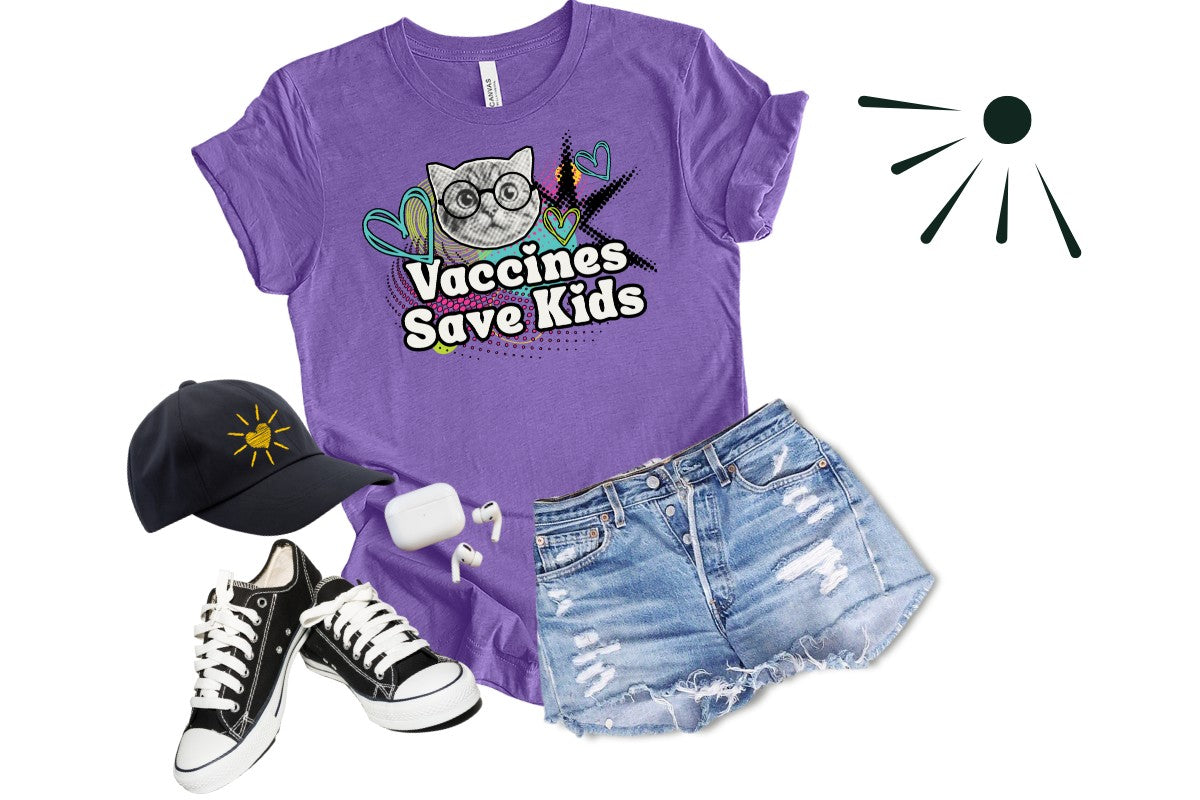Vaccines have revolutionized public health, saved countless lives and controlled once-deadly diseases. In the United States, the measles, mumps, and rubella (MMR) vaccine has played a crucial role in safeguarding people, particularly pregnant women and their unborn children, from severe health threats. The measles, mumps, and rubella vaccine, for instance, introduces a weakened virus to the body, prompting the immune system to produce antibodies. This training ensures a swift immune response if exposed to the actual virus, offering a safe and effective defense against measles, mumps, and rubella, which can cause serious complications like blindness, severe respiratory infections, intellectual disabilities, and even death.
Understanding Vaccines: A Historical Perspective
The journey of vaccine development in the U.S. began with Edward Jenner's pioneering work on smallpox. By the mid-20th century, scientific advancements led to vaccines for diseases previously thought unavoidable in childhood.
- Measles Vaccine: Launched in 1963, it dramatically reduced measles cases, which once infected millions annually, causing numerous deaths and hospitalizations.
- Mumps Vaccine: Developed in 1967, it significantly curtailed mumps cases and associated complications like meningitis.
- Rubella Vaccine: Introduced in 1969, it was essential in preventing Congenital Rubella Syndrome (CRS), which causes severe birth defects.
In 1971, these vaccines were combined into the MMR vaccine, simplifying immunization schedules and boosting vaccination rates.
Despite these successes, declining vaccination rates pose significant risks, especially for pregnant women
Rubella and Pregnancy Risks: Is particularly dangerous during the first trimester of pregnancy, with a high risk of CRS. Symptoms in pregnant women are usually mild but can lead to miscarriage or stillbirth if rubella is contracted. Babies born to infected mothers may suffer severe birth defects such as deafness, heart defects, and intellectual disabilities. Vaccination is the best protection, and women planning pregnancy should ensure they are vaccinated before becoming pregnant.
Measles and Pregnancy Risks: Contracting measles during pregnancy increases the risk of miscarriage and low birth weight. For others, measles can lead to severe complications like pneumonia and brain inflammation.
Mumps and Pregnancy Risks: Pregnant women are not at a higher risk of severe mumps complications compared to other adults. However, mumps can cause discomfort, including fever, headache, and swollen salivary glands. Mumps infection during the first trimester may slightly increase the risk of miscarriage. Unlike rubella, mumps is not strongly linked to birth defects. However, there are rare associations with conditions like endocardial fibroelastosis (a heart condition) and respiratory distress at birth.
Low vaccination rates often result from:
- Access Barriers: Limited healthcare access and transportation issues.
- Misinformation: Rapid spread of false vaccine safety information.
- Cultural and Religious Beliefs: Concerns about vaccines in some communities.
- Economic Factors: Financial barriers to healthcare.
- Distrust in Healthcare Systems: Skepticism due to past injustices.
- Pandemic Disruptions: COVID-19 delayed routine vaccinations.
The MMR vaccine has led to remarkable health outcomes:
- Disease Elimination: A dramatic drop in measles, mumps, and rubella cases.
- Herd Immunity: Protecting those who cannot be vaccinated.
- Global Impact: Inspiring worldwide vaccination campaigns.
To sustain vaccination progress, it is crucial to:
- Promote accurate vaccine information to counter misinformation.
- Ensure universal vaccine access.
- Encourage routine immunizations to maintain herd immunity.
Vaccines highlight humanity's power to overcome challenges through science and collaboration. The success of the MMR vaccine underscores the importance of continued efforts to protect public health.

